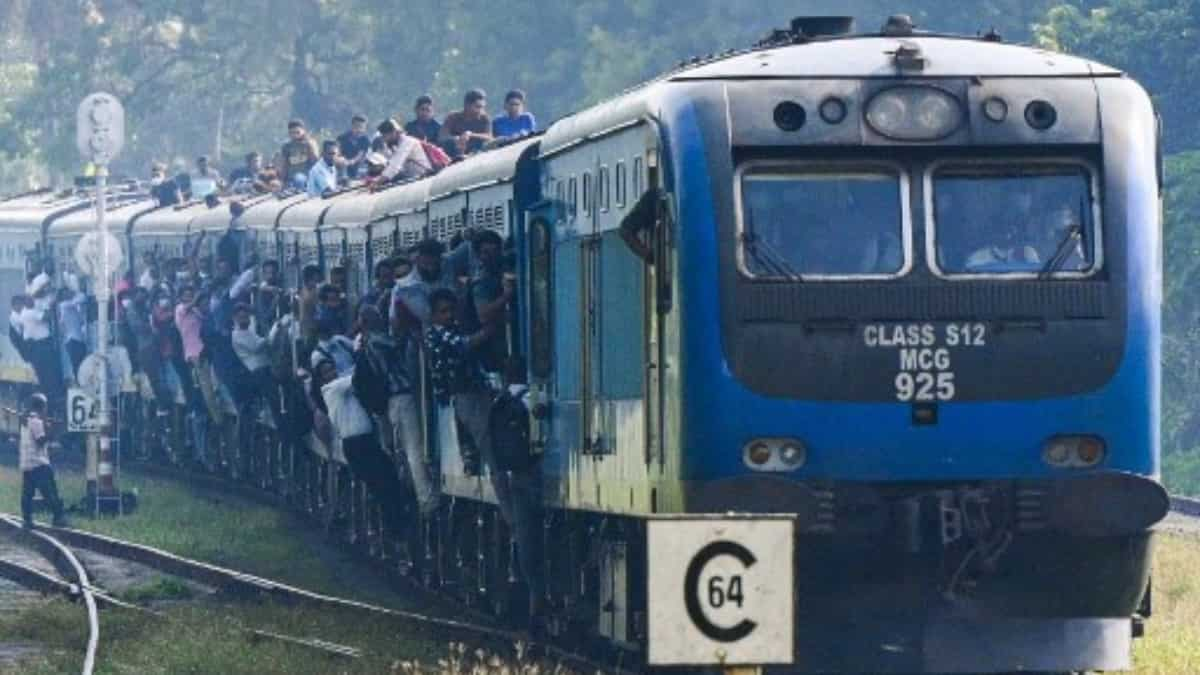Sri Lanka was in the grips of mass protests Wednesday as trade unions protested against the doubling of taxes to qualify for a crucial International Monetary Fund (IMF) bailout. The day-long strike is being held by Sri Lankan health, railway, port and other state workers. There has been a sharp increase in income taxes and electricity charges in the island nation as it awaits approval of an International Monetary Fund package to aid its bankrupt economy.
Outpatient clinics were suspended in most government hospitals as doctors, nurses and pharmacists were on strike. The railways were operating fewer trains with armed soldiers guarding the carriages and train stations fearing sabotage.
Trade unions have slammed the sharp rise in taxes and electricity charges, saying that the increase has hit them hard as the country witnesses its worst economic crisis. They have threatened to extend the strike indefinitely if the government fails to address their demands.
Meanwhile, defending its decision, the government says it was forced to raise taxes in order to strengthen state revenue and electricity charges to cover production costs since both were key prerequisites to receiving the proposed $2.9 billion IMF package.
Professionals from different fields have also joined the trade unions to protest the sharp increase in income taxes since January.
“Anyone who violates the essential services order will face the full force of the law,” cabinet spokesman Bandula Gunawardana had warned ahead of the nationwide action.
Last week, IMF Managing Director Kristalina Georgieva said the fund’s board will meet on March 20 to consider the final approval of Sri Lanka’s bailout package. Earlier, China had given gave crucial debt restructuring assurances.
Last year, the country witnessed a severe foreign currency crisis. There were shortages of fuel, food, medicines and cooking gas, along with long power cuts. Sri Lanka announced it was suspending repayment of its foreign loans. The crisis led to mass protests against the government, forcing then-President Gotabaya Rajapaksa to flee the country and resign.
President Ranil Wickremesinghe, since taking over last July, has managed to end the power cuts and reduce shortages. Further, the Central Bank says that reserves have improved and Sri Lanka’s rupee has started to strengthen after crashing last year.
(With inputs from agencies)
WATCH WION LIVE HERE
You can now write for wionews.com and be a part of the community. Share your stories and opinions with us here.

